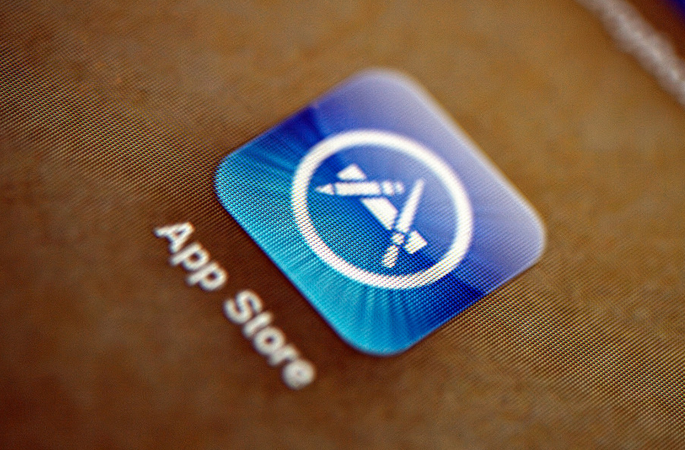Spotting a buggy app is very tricky. Some may suggest looking an app's code or go through the traditional trial-and-error.
Apps that do not function as advertised are a waste of time and sometimes even money. In some cases, these apps contain malwares that inject malicious codes into the device in order to steal user information.
According to tech experts, there are three factors to consider when spotting a buggy app without tediously going through its code.
1. Price
Many tech experts agree that "free" apps are buggy. Free apps are often riddled with bugs and ads. Most of the time, user will have to spend more time closing ads than on the actual app itself.
For developers of "free" apps, putting ads into their app is the only way to monetize it. This is a salute to the old adage that goes, "Nothing is free." Users may not pay money for these apps. However, these apps usually ask for personal data in exchange for free usage. These personal data, albeit worthless for regular users, are gold for most advertisers.
2. Reviews
In app stores, like Google Play and iTunes, there is a special tab reserved for reviews. This is the place where users can attest whether the app is useful or not. This is one of the most obvious attributes that users need to take notice when they are trying to avoid a useless app.
Despite this, some developers are actually paying people to review their app and give it a higher rating. Some developers reward users with in-app premium items if they gave it a high rating. For tech experts, a keen eye and critical thinking are keys in picking the best app and avoiding the bad ones.
3. Permissions
RiskIQ vice president Ethan Davidoff told USA Today that in downloading apps, users need to pay attention to the permission requests. Davidoff added, "They should make sense."
On the Android platform, users who are trying to download an app need to pay attention to permissions like "android.permission.RECEIVE_SMS" and "android.permission.READ_CONTACTS." The former allows the app to monitor incoming user SMS messages and the latter allows the app to read user contacts data. Both declarations are considered "dangerous" by the official Android Developer website.



























